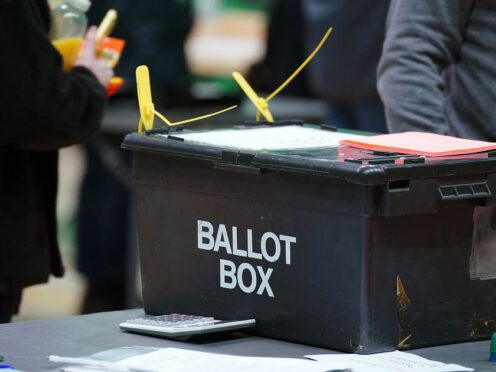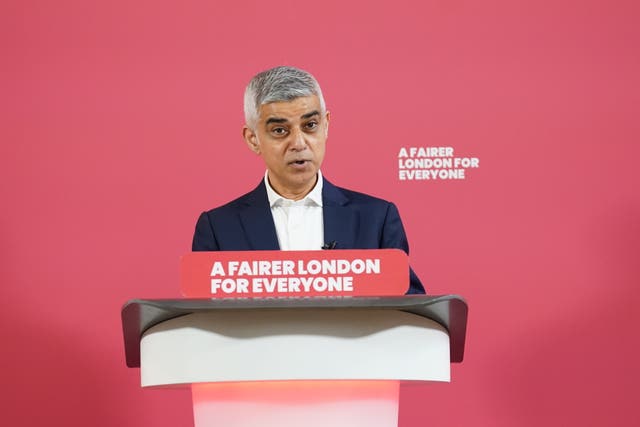
“Disruptors” such as smaller parties and community activists could be a key factor in the forthcoming local elections, according to one elections expert.
In a briefing to journalists ahead of local polls on May 2, Lord Hayward said some Labour councillors leaving the party in response to the national leadership’s refusal to back an immediate ceasefire in Gaza could lead to losses.
After the election of George Galloway as MP for Rochdale, after Labour withdrew support for its candidate, Lord Hayward said the party could face strong challenges in areas where the local Muslim community have organised.
He also said that Green candidates in cities such as Bristol and Sheffield, with big student populations, could also gain support from Labour because of a perception that the party has rolled back on its £28 billion green investment plans.

Other independent candidates could also be successful, Lord Hayward said, in part because the Liberal Democrats are no longer the obvious choice for voters disillusioned with the two main parties.
The Lib Dems could face a challenge from the Reform party, particularly in parts of the South West where a majority voted for Brexit, he added.
Lord Hayward said: “Historically, if you didn’t like either of the big parties, you went for the Liberal Democrats.
“The Liberal Democrats now face a different issue. There is a series of alternatives who will be fighting the elections and, in many cases, fighting them head to head.
“The Liberal Democrats are perceived by many voters now as part of the establishment, and they have made good gains in a number of places in local council elections.
“But they are what I would describe as a more anti-establishment, old-fashioned party, then you have got these new groups, Reform, the Greens, Muslim communities, residents and independents.”
Lord Hayward would not be drawn on the scale of disruption he expects smaller parties and local groups to cause, saying a lack of information about nominations in different areas prevents any conclusions being made.
Launching his re-election campaign on Monday, Sadiq Kahn said the race to become London mayor will be the “closest ever”, with Londoners facing a “stark” choice between him and Conservative candidate Susan Hall.
Lord Hayward said: “It shouldn’t be the closest ever. If it is close, it would be astonishing and it would be a major victory for the Tory Party.

“Under a Conservative government it would be normal to view London as a Labour city. Under a Labour national government those circumstances might change.”
Lord Hayward also suggested Labour could have success elsewhere, with the position of Tory mayors Ben Houchen in Tees Valley and Andy Street in the West Midlands appearing vulnerable.
He said: “It is astonishing that Ben Houchen and Andy Street were elected in the first place, and it is even more astonishing that they were elected a second time around.
“But clearly they will be under very substantial pressure this time given the difficulties and the changing circumstances of the opinion polls and recent by-elections, council and parliamentary, which have been pretty awful for the Conservative Party.”

Enjoy the convenience of having The Sunday Post delivered as a digital ePaper straight to your smartphone, tablet or computer.
Subscribe for only £5.49 a month and enjoy all the benefits of the printed paper as a digital replica.
Subscribe